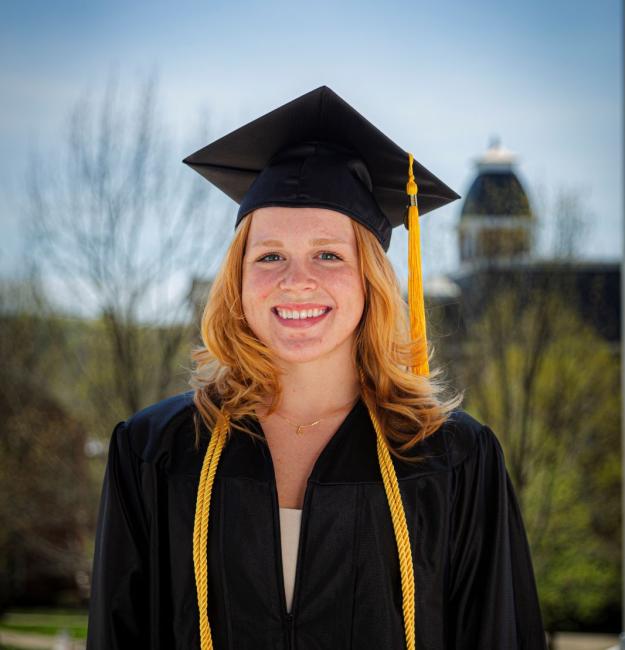With a rise in drug overdoses across the country, now more than ever, there is a need for quality and qualified substance use disorder (SUD) counselors. Dr. Kelley McNichols shares her thoughts on the need for SUD counselors and how the University is helping to combat the issue with its programs in addictions counseling.
Dr. McNichols is an assistant professor of counseling at Waynesburg University. Her clinical and research interests include substance use disorders, co-occurring conditions and clinical supervision. She is a Licensed Professional Counselor (LPC), National Certified Counselor (NCC), Certified Alcohol and Drug Counselor (CADC), Certified Co-Occurring Disorder Professional (CCDP) and Certified Clinical Trauma Professional (CCTP).
Who would benefit from additional training in substance use disorders/addictions?
Allied professionals working in the field of behavioral health, to include aspiring licensed and non-licensed counselors, supervisors and counselor educators.
As a licensed professional in the field of counseling and someone who has worked specifically within the concentration of addictions, what would you say is one of the biggest issues faced currently in this area?
The demand for SUD counselors has increased exponentially. In fact, the U.S. Bureau of Labor Statistics identified SUD counselors as one of the fastest growing occupations at a rate of 25%, or 79,000 counselors, between 2019 and 2029. Simply put, we currently do not have enough skilled SUD counselors in the field to meet the demand.
How important is it to have professionals with specific training in addictions?
Of the 804 masters in counseling programs accredited by the Council of Accreditation of Counseling and Related Programs (CACREP), only 2% offer an addiction counseling specialization. Therefore, it is not uncommon for SUD counselors to have limited training specific to the profession. This leads to burn out and high-turnover rates, which inevitably affect the welfare of individuals with SUD, the vitality of our communities, and threatens the sustainability of the behavioral health workforce. Moreover, we cannot ignore staggering drug overdose death rates. The number of drug overdose deaths has quintupled since 1999 and continues to soar. Enhancing the number and quality of SUD counselors will help to combat the opioid epidemic.
What are some of the ways more targeted training for professionals can better help individuals struggling with addiction?
By providing SUD counselors with the tools they need to readily meet the demands of the profession, I can assure you SUD counselors will feel more competent and confident.
How does Waynesburg’s Certificate in Addictions Counseling prepare professionals to combat these issues?
The Certificate provides a wealth of information and resources to support professional identity and development. Participants can expect to gain enhanced awareness of evidence-based treatment strategies and treatment interventions that are a catalyst to much needed change. Together, we can enhance the profession, reduce stigma and save lives.
What type of licensure do individuals who take the Certificate in Addictions Counseling receive after completion?
If individuals have a master’s degree and take the certificate program, the credit hours count towards their Licensed Professional Counselor (LPC) credential as well as the Pennsylvania Certification Board’s Certified Advanced Alcohol and Drug Addiction Counselor (CAADC) certificate.
If individuals do not have a master’s degree and participate in the certificate program, the credit hours can count toward the Pennsylvania Certificate Board’s Certified Alcohol and Drug Counselor (CADC) Certificate as well as a master’s degree.
Certificate in Addictions Counseling at Waynesburg U.
Learn more about the 12-credit Certificate in Addictions Counseling.
Master of Arts in Counseling at Waynesburg U.
Learn more about the Master of Arts in Counseling Program and the concentration in Addictions Counseling.


